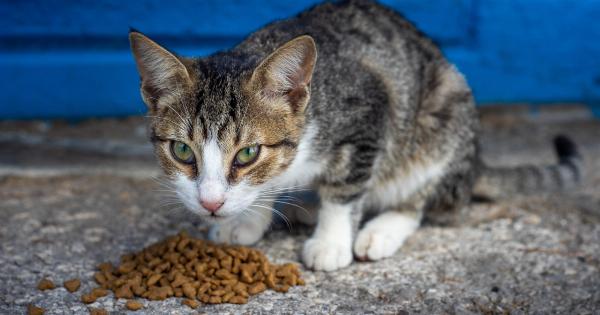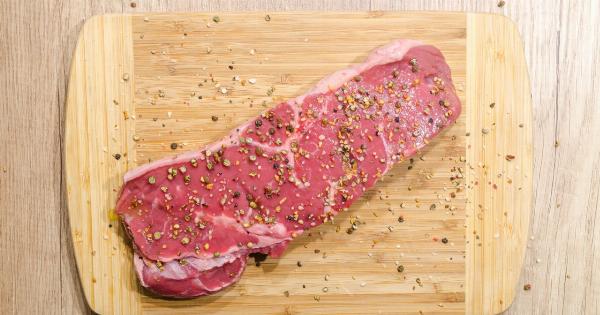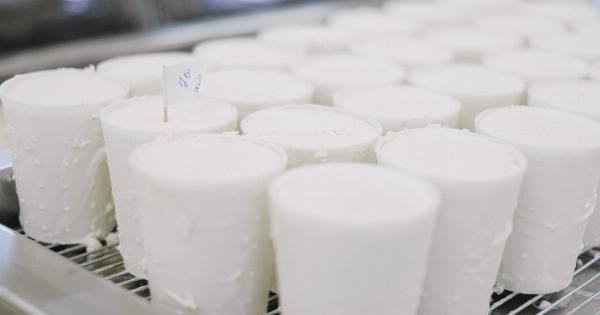The microwave is undoubtedly a lifesaver when it comes to cooking. From reheating leftovers to cooking fast meals, it has become a popular appliance in most households. However, some foods are not suitable for microwave cooking.
Despite its convenience, the radiation waves emitted by the microwave can alter the texture and flavor of some foods. Some foods can even explode or pose a fire risk if microwaved. Here are seven foods you should avoid cooking in the microwave:.
1. Eggs in their shells
Putting eggs in their shells in the microwave is not safe as the heat causes steam to build up inside the egg. This can lead to an explosion, which can be dangerous.
It’s best to avoid microwaving eggs altogether or peel them and place them in a microwave-safe container before heating them.
2. Breast milk and formula
Heating breast milk or formula in the microwave can cause hot spots, which can burn your baby’s mouth. Microwaving also destroys some of the nutrients in the milk, making it less beneficial to the baby.
It’s best to heat breast milk or formula in a pot of warm water or a bottle warmer instead.
3. Grapes
Heating grapes in the microwave can cause them to explode, which can make a mess and even damage your microwave. It’s best to avoid microwaving grapes altogether or cut them in half before heating them.
4. Hot peppers
Heating hot peppers in the microwave can release capsaicin, a chemical that can irritate your eyes, nose, and throat.
It’s best to avoid microwaving hot peppers altogether or cut them into small pieces and place them in a microwave-safe container before heating them.
5. Bread
Microwaving bread can cause it to become rubbery and tough, making it unappetizing. It’s best to avoid microwaving bread altogether or wrap it in a damp paper towel before heating it in the microwave to prevent it from drying out.
6. Raw meat
Microwaving raw meat can cause it to cook unevenly, which can lead to food poisoning. It’s best to thaw raw meat in the refrigerator or under cold running water before cooking it in the microwave or on the stovetop.
7. Plastic containers
Heating plastic containers in the microwave can release harmful chemicals into your food, which can be harmful to your health. It’s best to avoid microwaving plastic containers altogether, especially if they are not labeled microwave-safe.



























